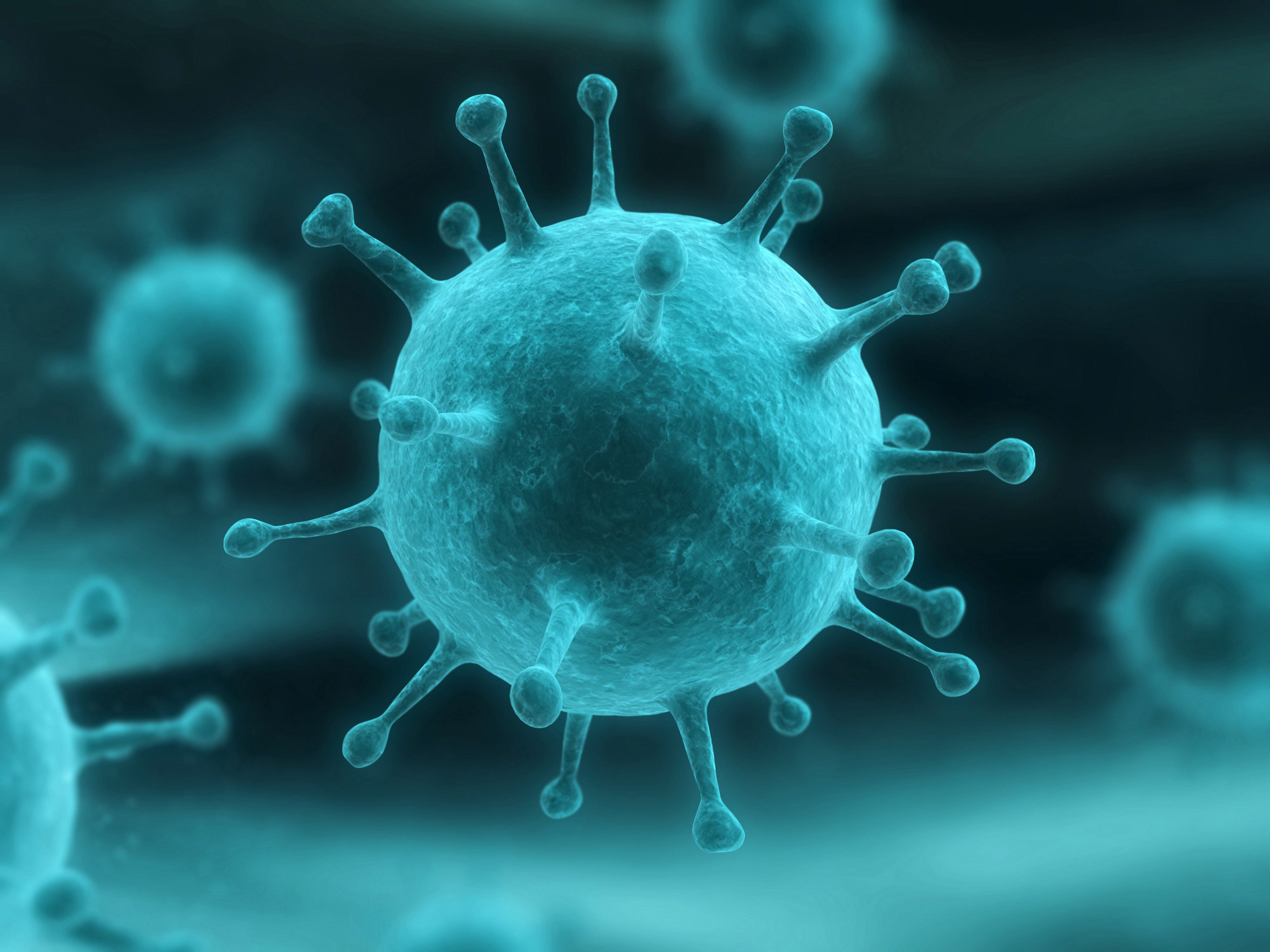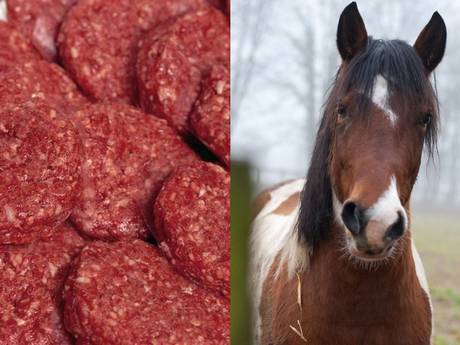Science is a prominent topic that our traditional media outlets as well as newer platforms such as blogs frequently discuss. Here we provide you with a number of articles from the BBC News – Health website as examples of Science in the news.
When reading through these articles consider these discussion points with respect to biomarkers:
1) Is the topic being discussed a candidate biomarker?
2) Could the location of the biomarker be as important as the ability to define if it is present?
3) If we identify a biomarker is there the opportunity to use it for any other reason?
A really visual look at some human diseases.
Hidden Beauty: Diseases become art under a microscope: http://www.bbc.co.uk/news/magazine-22476101
These are two articles on a debate about the importance of using antibiotics to treat infectious diseases.
Battling the bacterial threat to modern medicine: http://www.bbc.co.uk/news/health-20554921
Antibiotics resistance ‘as big a risk as terrorism’ – medical chief: http://www.bbc.co.uk/news/health-21737844
Finally an interesting example of science innovation.
The light fantastic: Harnessing Nature’s glow: http://www.bbc.co.uk/news/science-environment-21144766



